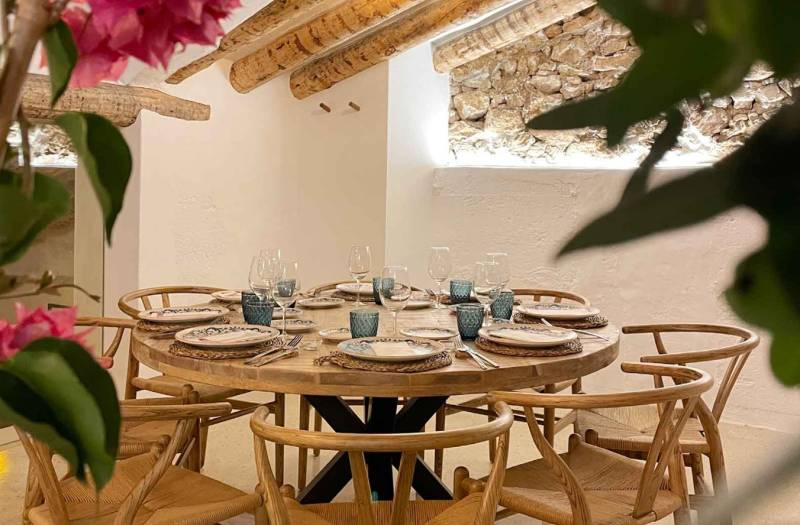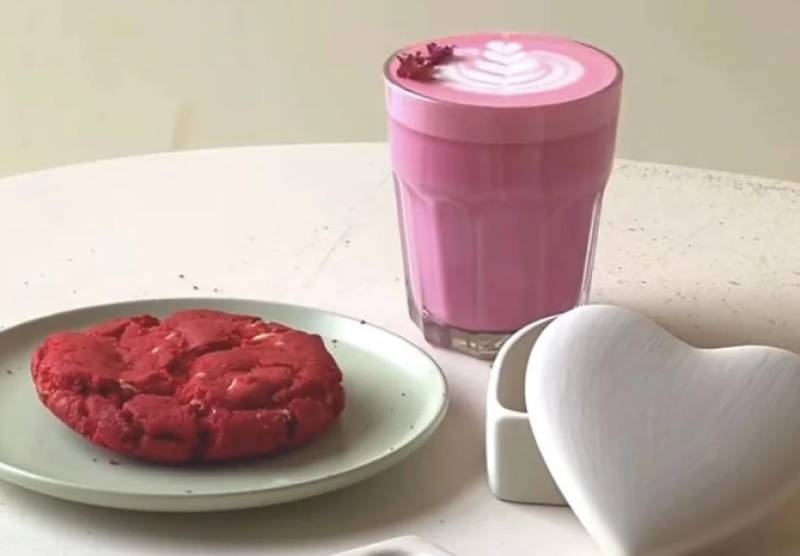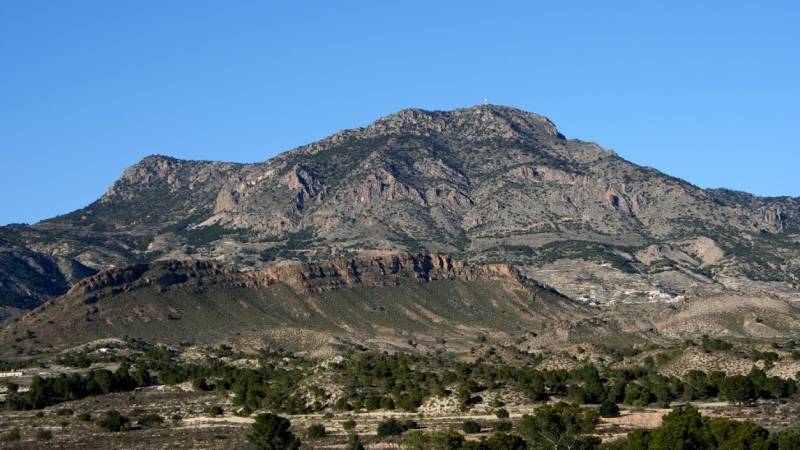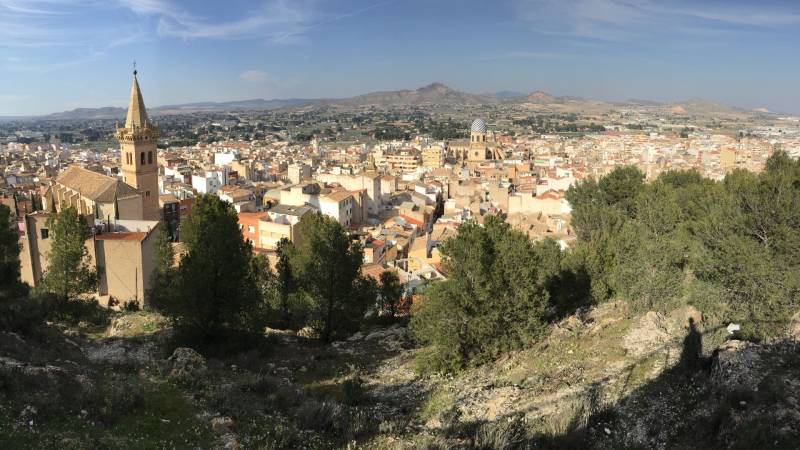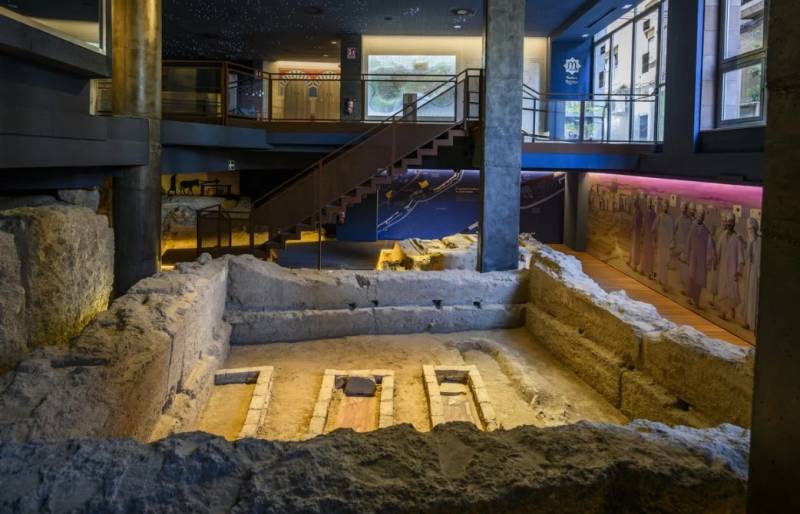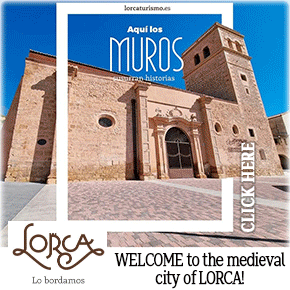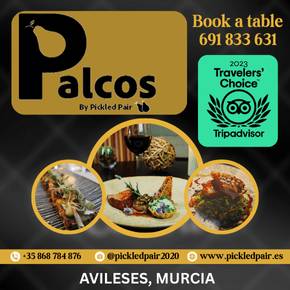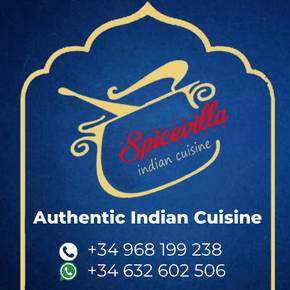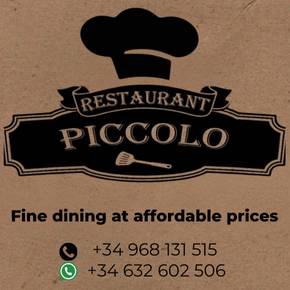- Region
- Vega baja
- Marina Alta
- Marina Baixa
- Alicante
- Baix Vinalopo
- Alto & Mitja Vinalopo
-
ALL TOWNS
- ALICANTE TOWNS
- Albatera
- Alfaz Del Pi
- Alicante City
- Alcoy
- Almoradi
- Benitatxell
- Bigastro
- Benferri
- Benidorm
- Calosa de Segura
- Calpe
- Catral
- Costa Blanca
- Cox
- Daya Vieja
- Denia
- Elche
- Elda
- Granja de Rocamora
- Guardamar del Segura
- Jacarilla
- Los Montesinos
- Orihuela
- Pedreguer
- Pilar de Horadada
- Playa Flamenca
- Quesada
- Rafal
- Redovan
- Rojales
- San Isidro
- Torrevieja
- Comunidad Valenciana
The Pastel de Carne, Murcian Meat Pie
What to do in Murcia, sample the Pastel de Carne.
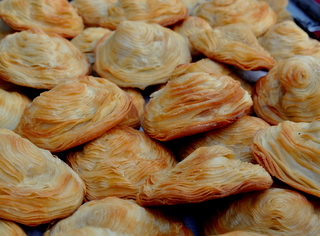
The Ordananza goes into extraordinary detail, defining the quality of the flour which is to be used and the exact measures for the making of a pie, figures which are still adhered to by those making the traditional Murcian meat pie today.
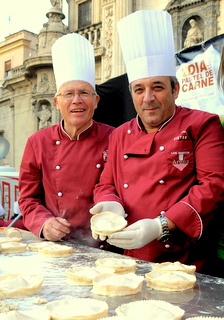
They can be purchased across the region in bakers and cake shops, the traditional pastaleros, but many shops will purchase their pies in from traditional bakers, so you may not get a home-made pie when you purchase one from non-specialist shops, as they’re very fiddly to make.
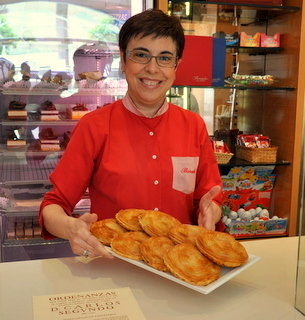
One of the oldest Pastaleros still producing the pie can be found in Plaza de las Flores, in the shop of Bonache. This shop has a mouthwatering selection of pastries and hand made chocolates, and has been trading from this location since 1828, still run by the same family.

We met the latest in a long line of Bonache Pastaleros distributing pies at the day of homage in the Plaza Belluga and were treated to a demonstration of how the top of the pie is put together.
Its something that had intrigued us since we tasted the first of many of these little pies, which are still a favourite treat when were fancy something naughty from the local bakers.
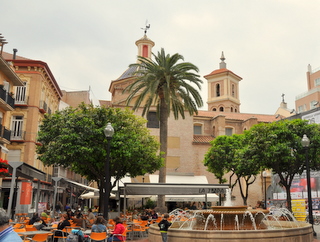
Its an inexpensive treat, priced at under a couple of euros, so if you want to taste the true taste of tradition, sample the Pastel de Carne next time youre in Murcia.
Theyre best warm from the oven, so ask for them to be heated a little , calentar, if theyve gone cold when you get there.
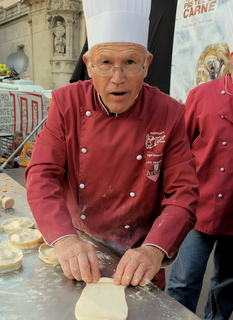
Plaza de las Flores
Murcia.
Click for map, Plaza de las Flores
Plaza de las Flores is a charming square set just behind the Veronicas Market and linked to Plaza Santa Catalina which houses the Museo Ramon Gaya.
Wed like to add that were not being paid to promote this pastalero, but have selected it because of its history and lovely location as being a nice little route to follow. Many pastaleros sell excellent Pastel de Carne .









